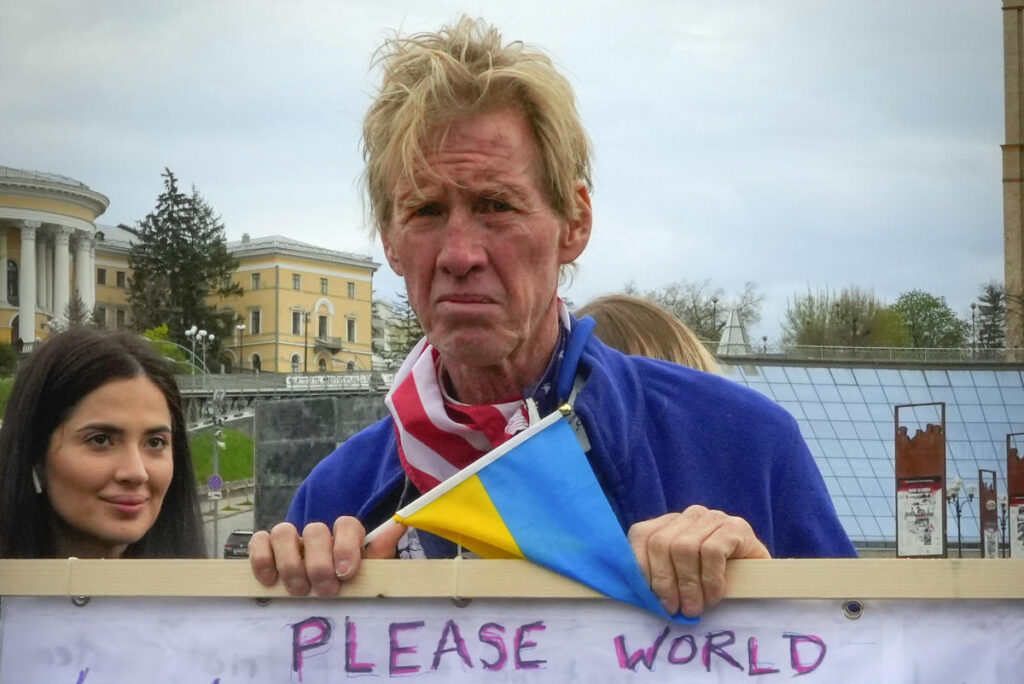In Fort Pierce, Florida, defense attorneys for Ryan Wesley Routh, a man accused of attempting to assassinate President-elect Donald Trump, requested a delay in his trial, currently set for February, to December of the following year. They argued that they require more time to thoroughly review the extensive evidence collected against him, which includes numerous electronic devices owned by Routh, including 17 cellphones, alongside hundreds of hours of police body camera and surveillance footage. Assistant federal public defender Kristy Militello expressed concerns that the amount of evidence parallels cases involving complex fraud and that she was managing multiple other cases simultaneously with limited resources compared to the prosecution, which is supported by FBI capabilities.
During the federal court hearing, Routh was present, albeit shackled, as his legal team outlined their reasons for needing an extension. Militello emphasized the challenges facing the defense due to the volume of materials, stating that only one other attorney and an investigator were assisting in the case. In contrast, Prosecutor John Shipley Jr. voiced concerns that delaying the trial until December might infringe on the speedy trial rights of both Trump and the Secret Service agent allegedly targeted by Routh. He suggested that pushing the trial into next summer would create further complications with potential juror availability due to vacations.
Prosecutors have described Routh’s actions as premeditated, detailing his plotting to harm Trump for weeks before he allegedly aimed a rifle at the President-elect while Trump was playing golf at his West Palm Beach country club on September 15. The Secret Service agent on duty intervened when he noticed Routh prior to Trump entering the line of sight, resulting in a confrontation where the agent shot at Routh, who fled the scene without returning fire. Following the incident, Routh was apprehended while driving on a nearby interstate, where authorities discovered a note that outlined his intentions.
The prospect of an insanity defense was discussed, with Militello revealing that the last person to speak with Routh before the alleged attack indicated that he appeared to be hallucinating, and other witnesses described him as delusional. However, Shipley countered this claim, stating that an insanity defense would require demonstrating that Routh lacked the mental capacity to appreciate the wrongdoing of his actions at the time, presenting a challenge given the circumstantial evidence of his awareness. He cited Routh’s internet searches related to flights from Palm Beach to Mexico as indicative of his understanding of the situation.
Routh is charged with multiple serious offenses, including attempted assassination of a major presidential candidate, which carries severe penalties, potentially leading to life imprisonment if convicted. In addition, he faces charges of assaulting a federal officer and firearms violations, and he is currently being held without bail at a federal facility in Miami. This situation follows a trend of heightened security risks during election cycles, particularly in light of another assassination attempt on Trump that occurred two months prior, where he was injured during a campaign rally in Pennsylvania.
The ongoing case raises significant legal and ethical questions surrounding criminal defenses based on mental health, the complexities of navigating extensive evidence in high-profile cases, and the balancing act required by the judicial system to ensure that defendants receive a fair trial while also addressing the rights of alleged victims and potential jurors. As court proceedings continue, there remain many facets to explore regarding Routh’s state of mind, the credibility of his defense, and the broader implications of his case within the context of political violence and safety in the current climate. The outcome of this case will likely reverberate through discussions regarding terrorism, mental health law, and the protection of public figures.

